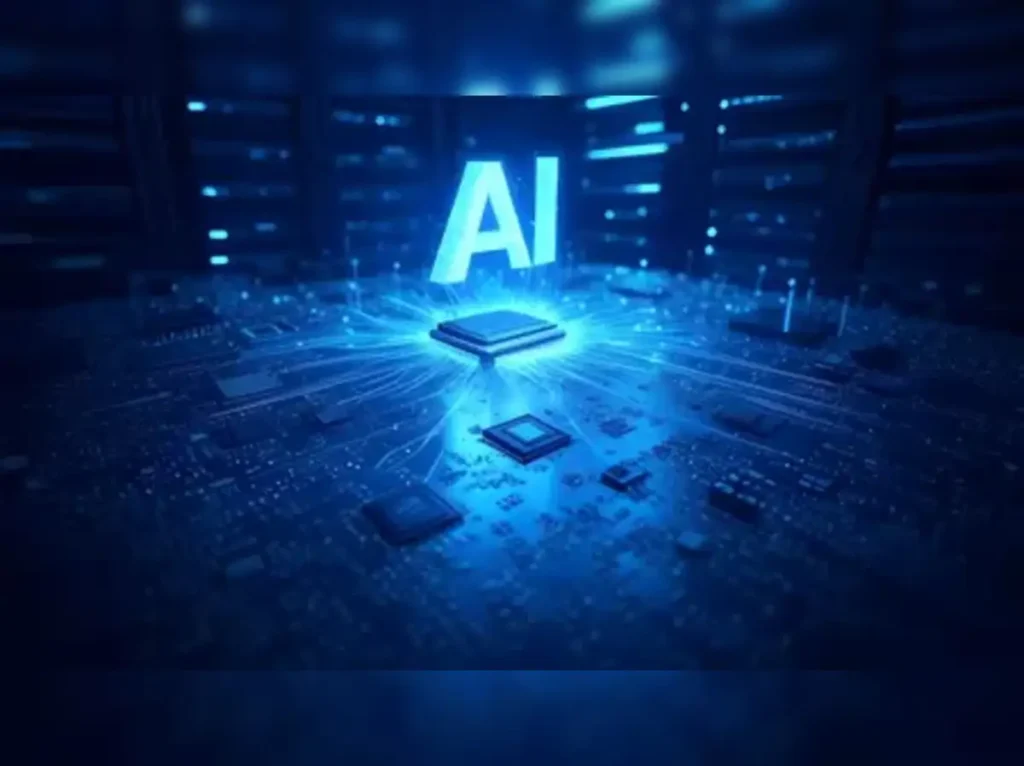Artificial intelligence (AI) is poised to reshape global trade dramatically over the next two decades. According to the World Trade Organization (WTO), AI adoption could increase the value of international trade in goods and services by nearly 40% by 2040.
How AI Will Impact Trade
AI-driven automation, advanced analytics, and intelligent logistics systems are expected to streamline supply chains, reduce costs, and create more efficient cross-border trade networks. Businesses leveraging these technologies could benefit from:
- Faster decision-making and improved operational efficiency.
- Enhanced market access and global competitiveness.
- Personalized products and services tailored for international consumers.
Risks and Challenges
However, the WTO warns that AI’s benefits are not guaranteed. Without careful regulation and inclusive policies, AI could deepen global inequalities. Lower-income countries and small businesses may struggle to compete with technology-driven economies, potentially widening the economic divide. Additionally, rapid AI adoption could disrupt labor markets, making some jobs obsolete while creating new skill demands.
Ensuring Inclusive AI Adoption
Experts emphasize the need for governments to design policies that ensure AI adoption is both inclusive and sustainable. Key measures include:
- Investing in education and reskilling programs.
- Building robust digital infrastructure.
- Implementing fair labor protections to manage workforce transitions.
AI’s impact on global trade could be transformative, but its success depends on balancing innovation with equity. By fostering inclusive adoption, nations can ensure that economic growth benefits all, not just the most technologically advanced countries.

